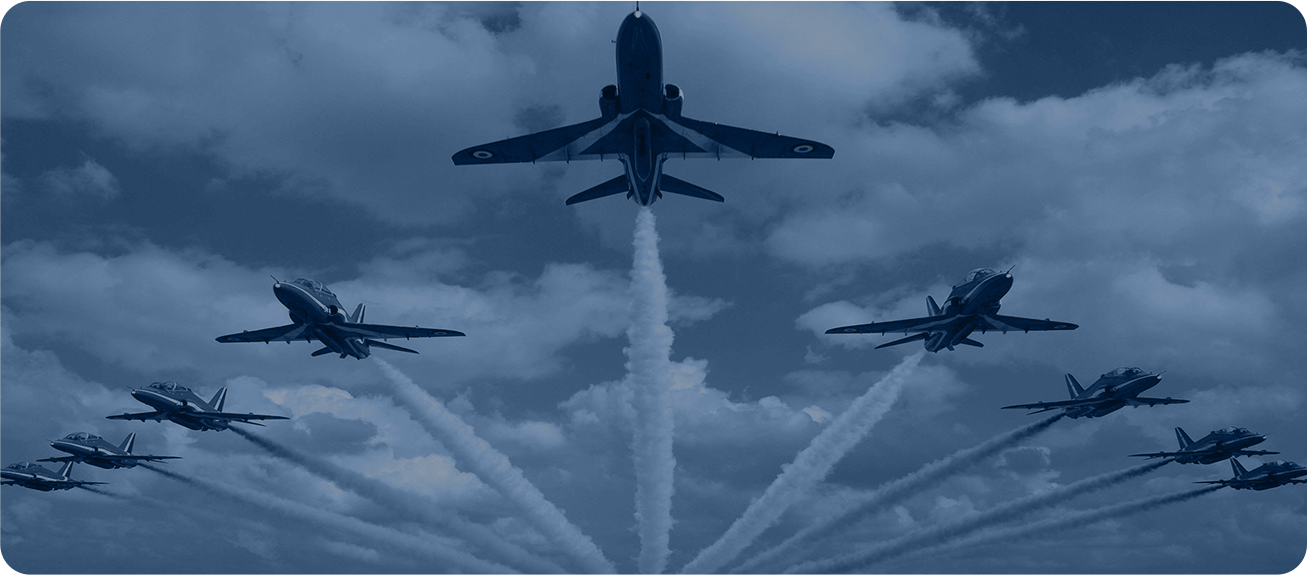Why should the trade sponsor put in an inordinate amount of hard work toward this ? The JSET should see a fair and balanced cross-section of the trade and make a informed decision based on that. If its just the cream of the crop they see its a joke.
The trade sponsor (and stackers involved) need to put in a lot of hard work because no matter how balanced and informed a decision they want to make, members of the JSET are not supply trade specialists and are often tainted by their own view of what supply does before they are even picked to be on the team ("how hard can stacking blankets be eh?").
An example of the lack of knowledge/preparation of the JSET team when dealing with the supply trade (though I'm sure similar tales can be told for other trades under evaluation) is this. When the JSET arrived at 'a unit' a few years back to carry out an evaluation one of the first question that the techy SNCO had on his crib sheet was 'observe the subject carry out an issue' or words to that effect. When the SNCO asked the SAC being observed to carry out an issue the quite experienced SAC asked "what sort of issue?" Due to a complete lack of knowledge about what the supply trade actually does the techy SNCO didn't have an answer and the evaluation had to be stopped.
This is the problem with the manner by which JSET evaluations are carried out in the RAF. You are asking non-trade specialists to evaluate a role they may have very little practicable knowledge of. Whilst 'similar' trades (and I say this as a non-trade specialist) such as GE Mech and MT Mech (as they were in the old days) may be able to evaluate each other there are very few other trades within the RAF who can be expected to honestly evaluate another without either a complete lack of knowledge of the trade or their own personal opinions getting in the way.
Now as someone who no longer serves within the supply trade but still works within the logistics sector (for a well-known company with yellow trucks with red logos) the biggest problem I can see with the manner in which JSET carry out an evaluation is not enough emphasis being placed on the realities of trade 'worth' within the civilian sector and subsequent 'pull' effect.
Although many in more 'technical' trades within the RAF will deny it the civil aviation sector in the UK is falling on its arrse at the mo. Newer aircraft require less maintenance and are more reliable which means less aircraft and less staff are required overall. This has led to a drop in the average wages in the aviation maintenance/construction industry. Yes plum jobs are still available but many of these are off-shore. By contrast the logistics sector, even through this current financial hic-up, is continuing to grow, with companies such as the one I work for, Wincanton and ND expanding operations and all the time hoovering up any experienced and flexible staff available.
I'll be honest, I walked into the job I'm in based on my RAF experience. The interviews were a formality, they were almost snapping my arm off to recruit me and being even more honest for a second, there are better logistics people than me still serving in the RAF. I earn a substantially better wage than I did in the RAF, and thats even taking into account the 'extras' you get for serving (use of gym, uniform, reduced accommodation fees etc) and although I miss aspects of the RAF I am enjoying life far more now days.
Now I fear I'm starting to ramble so I'll sum up.
Of course techies deserve the pay they are on based on the amount of work they have to do to qualify for their trade but likewise due consideration needs to be paid to the pull factors (for all trades) of the civilian sector and wages paid within it. If the supply trade were to be upbanded (which I'm afraid I don't think it will be for a number of reasons) this should in no way be taken by those on the upper pay band as a slight on their own worth, rather an indicator of the changing worth in the real world of logistics specialists.

